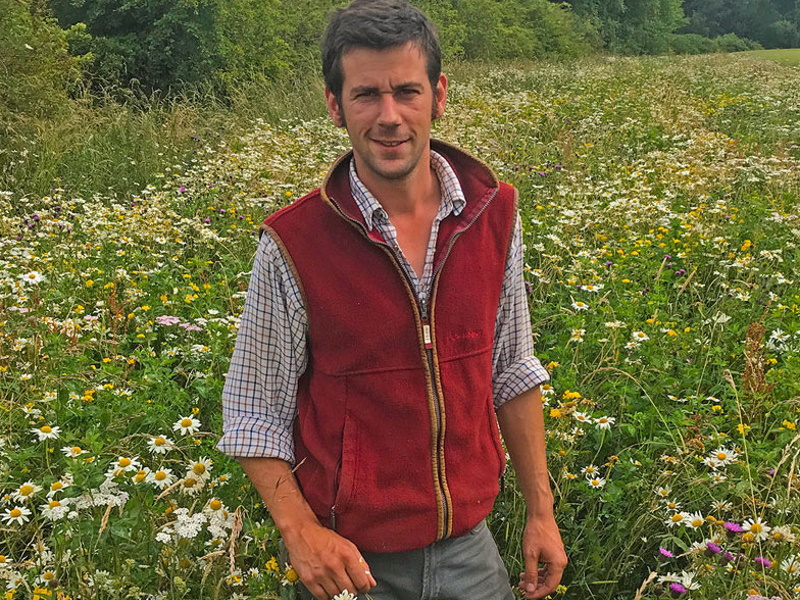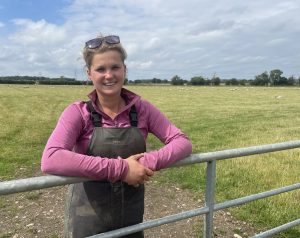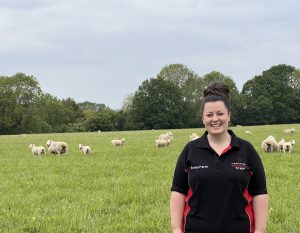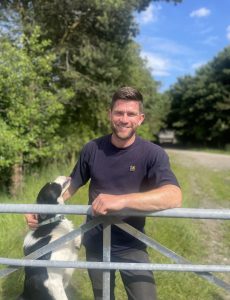Ben Chaplin, Boughton Farming Ltd, Northamptonshire
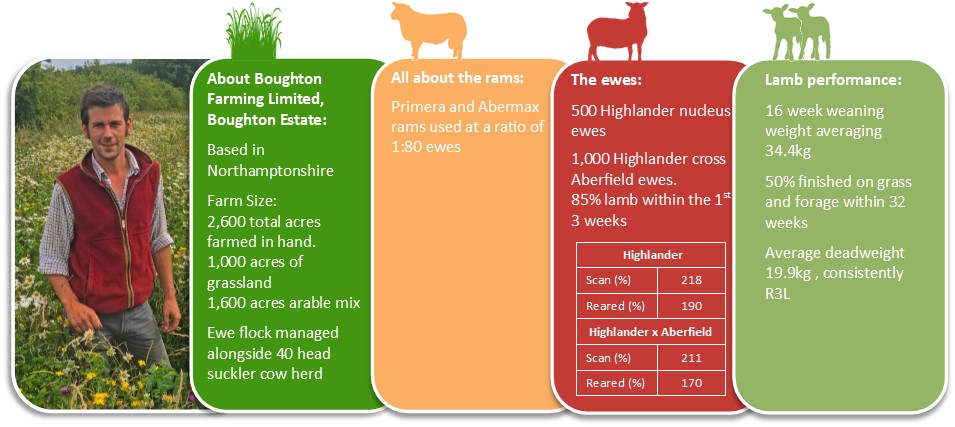
Sheep are set to play a significant role in Boughton Estate’s regenerative farming strategy including immediate plans to expand the 1,500-ewe flock by 10% with Highlander ewe lambs.
“We are optimistic for our sheep enterprise’s future and particularly for our Highlander ewes which perform well, even on poor permanent grassland,” says farm manager, Ben Chaplin. “One of the main drivers is their low labour requirements; the flock is managed by 1.5 members of staff from lambing outdoors right through to finishing. The Highlanders make for cracking dams, demonstrate great maternal ability, retain their condition at scanning and are lasting for at least five good crops.
“The Highlanders are rearing 190% and Highlander cross Aberfields 170%, performance achieved from permanent pasture and extensive grazing – they do well on not a lot; that’s one reason why we don’t go for early doors. Our preference is to produce and sell a sheer volume of lambs rather than achieve more U grades.”
Boughton Estate’s total grassland area amounts to just 15% of new leys and the remainder a mix of reclaimed quarry, historic parks, ridge and furrow, species rich hay meadows and areas in a stewardship agreement.
“We currently farm a conventional arable enterprise, however things are changing; we are trialling various with reduced chemical inputs and including extended rotations with two to three-year grass leys, spring barley undersown with grass leys and multi species cover crops all providing the opportunity to introduce sheep to the rotation with high quality grazing together with quality silage.”
He adds: “We anticipate to some trial and error but hope to achieve a better understanding of regenerative systems, fix nitrogen with clover and legumes, improve soil condition, and overall adopt a more environmentally friendly approach.”
